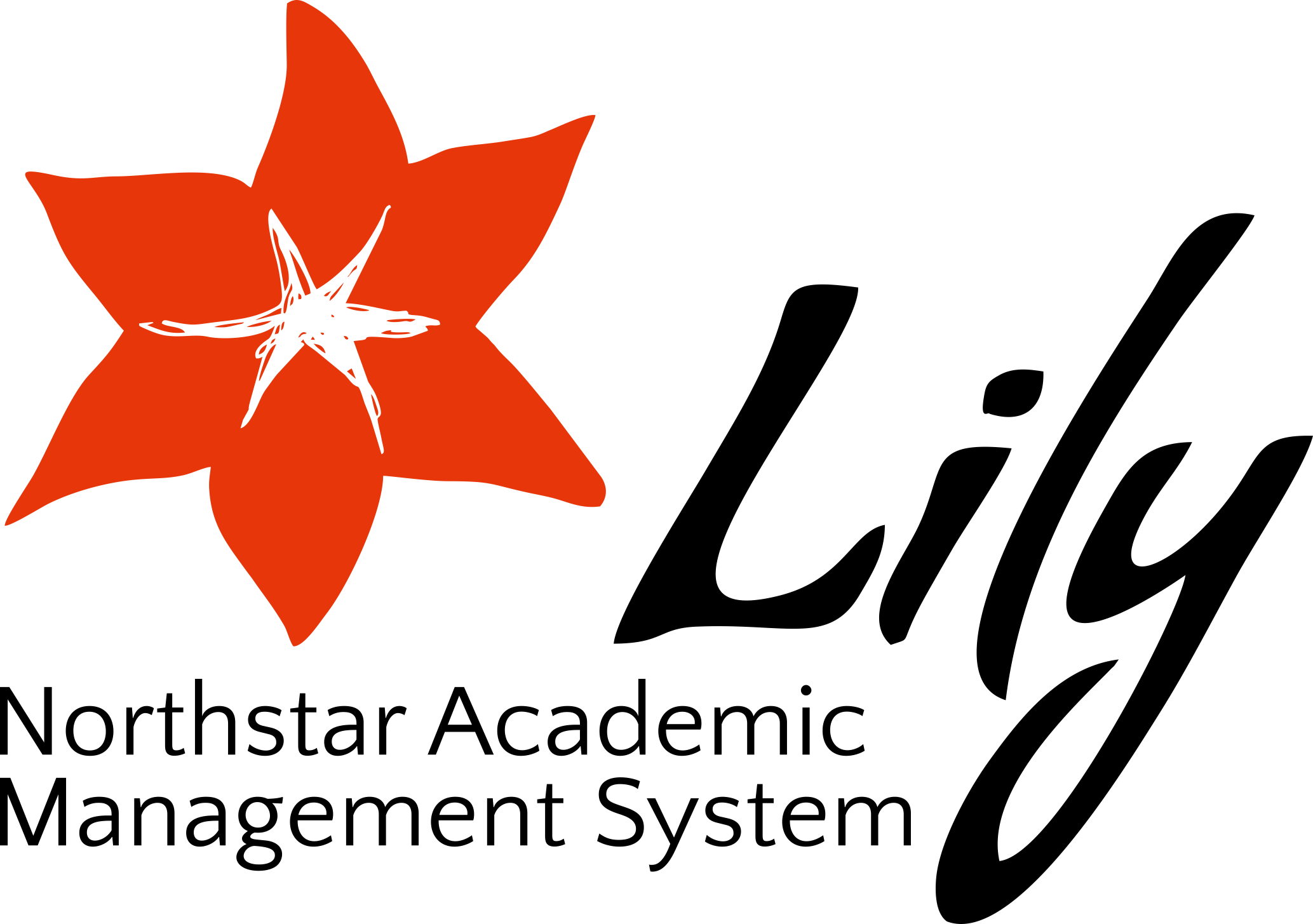I will address two points in this piece. First is plain and obvious, needing no additional mention by me; however, repetition has its value. The second is more important of the two and would perhaps be useful to teachers who harbour a need for validation or find value in their profession primarily through being agents of change in a student's life.
The institution of schooling has been put under question since beginning of the enterprise. The latest bout has been during the lock-down due to COVID-19. It is not rare to see parents and others putting in to question the role and value of schools and by extension teachers. There is curious dichotomy in the perception of teaching as a profession. While we never miss an opportunity to provide lip service to the "greatness" and "nobility" of the teacher, the incentive structures governing an educational enterprise, and teachers therein, betray a different story. It is not hard to see why many teachers feel some sort of sacrifice being made on their part by their choice of being a teacher. While it is a praiseworthy choice, it cannot ensure good, competent people enter the field. There is only so much we can achieve by relying solely on sacrificial offerings by noble citizens. Like Nietzsche suggests, let us not take the "greatness" of teachers as given. What precise and important role do teachers play in the educational enterprise?
It is common to see memes or rants on how an individual's schooling experience was useless or impractical. The culture, systems and teachers in a school determine the student experience. While there may be some truth to the experience of irrelevance that a student may feel, it would be wrong to place the blame on the school as a concept. It is intellectually lazy to say that schools are disconnected from the "real world". I believe that schools are at an arm's length from reality by design. Schools provide an abstraction of real world, minus its brutality. How else can you prepare kids for the real world? The question is one of fidelity. How "real" can the real world be made within the classroom? The scoping and constraints of real-world problems must be carefully planned; what Dewey called a "planned experience". The key elements of the experience that students are likely to get outside have to be scoped and the key variables tinkered with. Learning is a construction of meaning. The better our theories of reality, the better we are able to act in the real world.
Lev Vygotsky had suggested that social participation facilitated by language and dialogue, with symbolically mediated thought, is important for learning. This symbolic mediation happens primarily through teachers and through other tools at students' disposal. What a person learns is not simply an accumulation of knowledge, but active modification of the psychological structure of the person. Teaching and learning, though embedded in a social reality, are, at its core, solitary experiences. That might sound counter-intuitive. The very reason for existence of schools is to provide social experience. I fully endorse that. The initiation and sustenance of the solitary experience is embedded in the social experience. Kids map their individual experience on the familiar grid of routines and structures provided by the school and teachers. Good teachers burden themselves with the thought that they are solely responsible for a student's learning or future. I believe that we need to give the agency and acknowledgement of student's own contribution to learning. A student herself has to undertake the reflective thinking that forms the foundation of deep learning. Students are navigating their internal world. We are fortunate that we get to be a part of the world-building that students are doing. Our role is to ensure that we provide them the conditions and tools to build a complex, interconnected internal world. It is not a failure if the world that they have built does not feature us. Our presence is still there in the ways of their thinking. That is more than enough. We do our jobs in the present and the many wonders it provides us now. Right now.
-Mohit Patel





